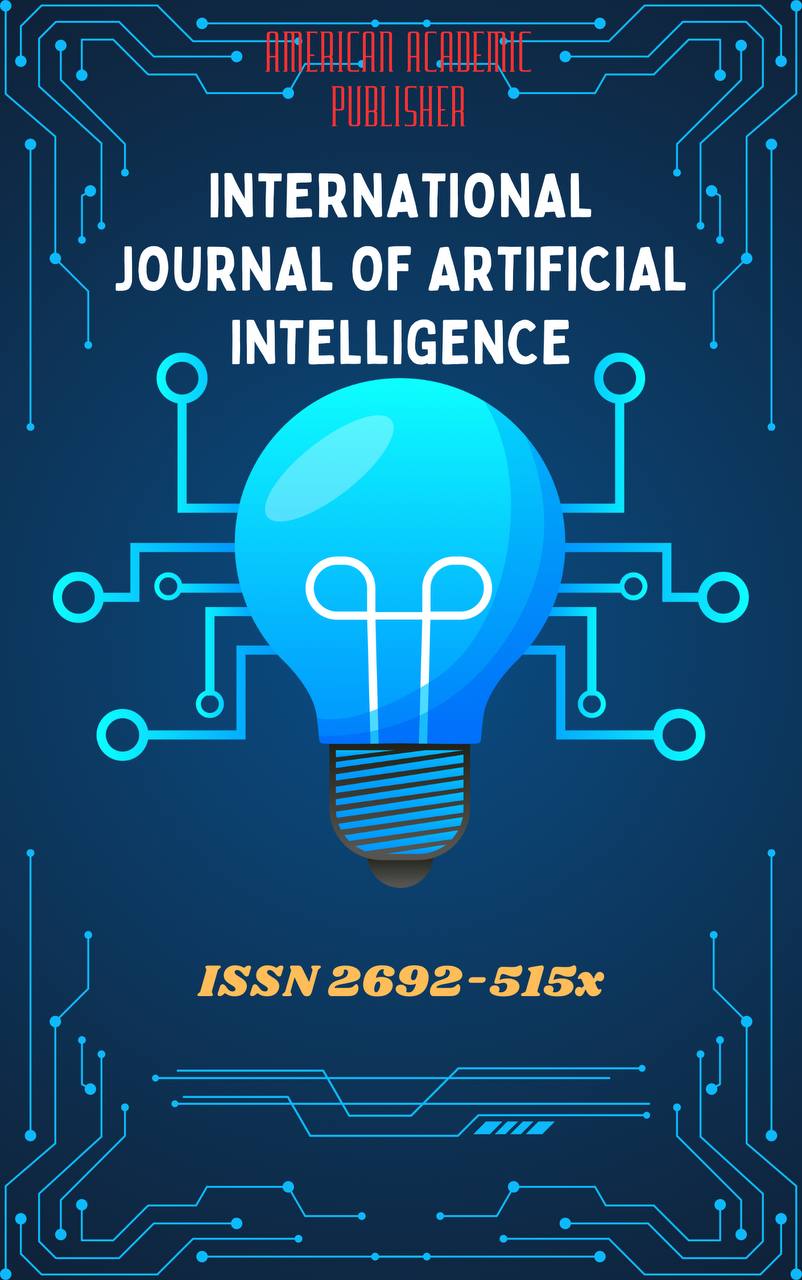 Articles
| Open Access |
Articles
| Open Access | ADVANTAGES AND DISADVANTAGES OF U-SHAPED HEAT EXCHANGERS: A SCIENTIFIC ANALYSIS
Xadjibayev Akbarjon Shavkatovich ,Jobborova Maftuna Akrom kizi ,Erkinov Ahliyor Komiljon ugli , Tashkent Chemical-Technological InstituteAbstract
U-shaped heat exchangers are widely employed across industries due to their superior heat transfer efficiency, compact structure, and cost-effectiveness. This paper explores their advantages and disadvantages, focusing on thermal efficiency, durability, maintenance challenges, and industrial applications. Using statistical data and case studies, the study highlights the economic and operational impact of U-shaped heat exchangers, providing insights into their suitability for various industries. Additionally, the paper discusses potential improvements for optimizing their performance in future applications.
Keywords
U-shaped heat exchanger, thermal efficiency, pressure drop, industrial applications, heat transfer, maintenance challenges, cost-effectiveness, mechanical stress, fouling prevention, energy efficiency.
References
Incropera, F.P., DeWitt, D.P., Bergman, T.L., & Lavine, A.S. (2011). Fundamentals of Heat and Mass Transfer. John Wiley & Sons.
Kakac, S., Liu, H., & Pramuanjaroenkij, A. (2012). Heat Exchangers: Selection, Rating, and Thermal Design. CRC Press.
Shah, R.K., & Sekulic, D.P. (2003). Fundamentals of Heat Exchanger Design. John Wiley & Sons.
ASME (2019). Boiler and Pressure Vessel Code, Section VIII – Pressure Vessels.
CFD Analysis of Heat Exchangers in Industrial Applications. International Journal of Heat and Mass Transfer, 135, 45-60.
Experimental Studies on U-Shaped Heat Exchanger Performance. Energy Reports, 7, 89-104.
Case Studies on Industrial Applications of U-Tube Heat Exchangers. Journal of Thermal Engineering, 65(2), 200-220.
Article Statistics
Downloads
Copyright License

This work is licensed under a Creative Commons Attribution 4.0 International License.

